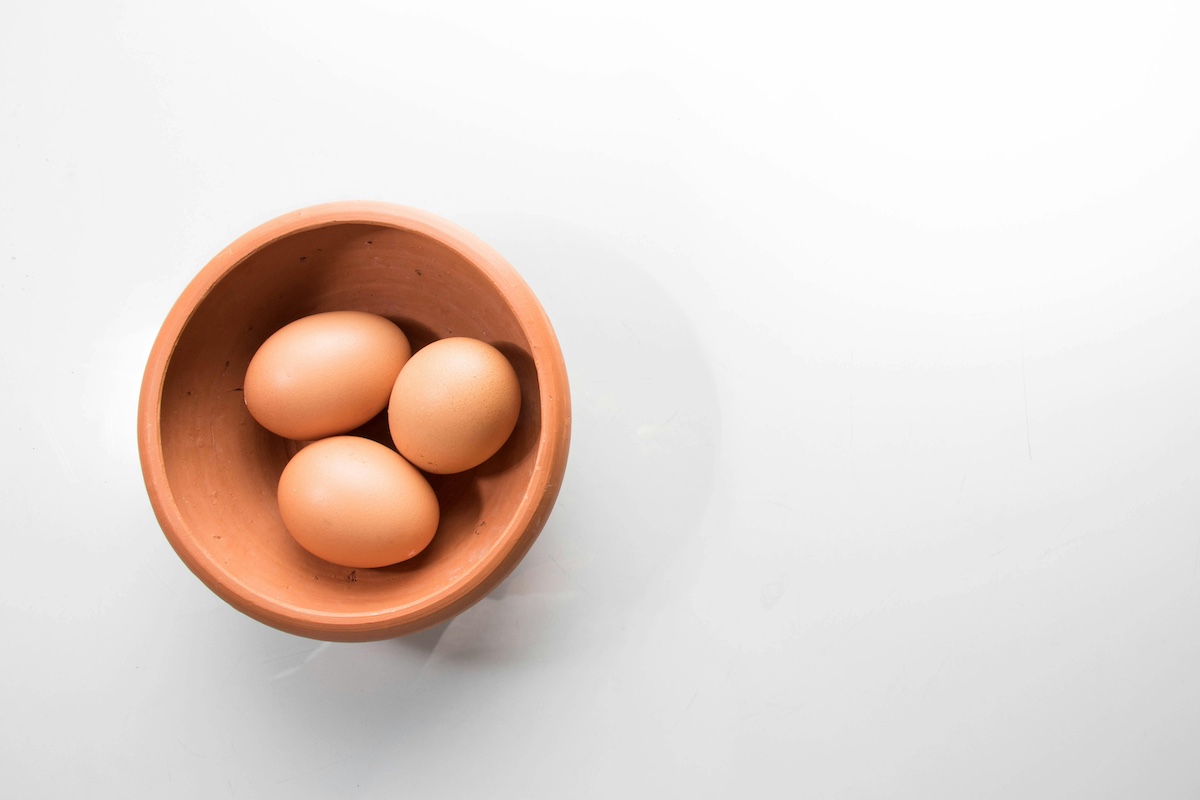My doctor has told me that anytime I don’t have a period for 90 days, I should take a pill to force the shedding of the lining. However, why isn’t my body regulating this on its own?
—Shannon
I think there are two questions here. First, what are the reasons a woman wouldn’t have a regular period? Second, what are the risks of not having a regular period? There are risks associated with not having a period, but the initial focus should be on figuring out what is causing period changes, not just getting a period. So let’s start with what could be going on.
If you are under age 45, you should have regular periods every 21 to 35 days unless you are pregnant, breastfeeding, or using hormonal contraception. If you do not, you should see your doctor and be tested to determine the cause of your irregular or absent periods.
There are three areas of the body responsible for regulating ovulation. If you don’t ovulate, you don’t have a period. A problem in any of these three places can cause irregular or absent periods: the hypothalamus, the pituitary gland, and the ovary.
The hypothalamus is located at the base of your brain. It takes signals from your brain and uses those signals to tell other hormone-producing glands in your body how to respond. When you are stressed, sick, or starving, your hypothalamus tells your body: now is not a good time to get pregnant; don’t ovulate. Hypothalamic period changes are often seen with extreme weight loss from any cause and in women who are underfueling and overexercising — sometimes referred to as the female athlete triad.
The pituitary gland, sometimes called the master gland, is located just below the hypothalamus. It makes many hormones, including follicle-stimulating hormone and luteinizing hormone. FSH and LH stimulate the ovaries to mature an egg and ovulate. Benign growths in the pituitary can press on the normal gland and prevent it from making FSH and LH. High levels of other hormones like estrogen, progesterone, and prolactin — the hormone that stimulates breast milk production — can also prevent the pituitary gland from making FSH and LH.
Finally we get to the ovaries. Two problems can arise in the ovaries. First, there are few or no healthy eggs to ovulate. This is what happens in perimenopause and menopause. It is also the issue in primary ovarian insufficiency — when women have hormone levels like those seen in menopause before age 40. The ovaries can also have plenty of eggs but the eggs aren’t released from the ovaries properly. This is why women with polycystic ovary syndrome (PCOS) have irregular periods, although we don’t understand what is blocking the eggs from being released appropriately.
There are two potential risks associated with irregular or absent periods. When the problem is in the hypothalamus, pituitary gland, or because there are no eggs, estrogen levels are also low. Years of low estrogen levels can lead to increased risk of heart attack and stroke and decreased bone strength.
When the problem is that eggs are present but don’t get released properly, as with PCOS, the uterine lining keeps building up. When the lining becomes thick and doesn’t slough off regularly, the cells in the lining can change. Over time, this can lead to endometrial cancer, or cancer of the lining of the uterus. We can manage this risk by causing the uterine lining to slough off by taking birth control pills or by taking progesterone for five to 10 days.
The upshot: Women under age 45 who are not pregnant, breastfeeding, or using hormonal contraception should have regular periods every 21 to 35 days. Irregular or absent periods can be caused by a number of different issues. If your periods are irregular, you should work with your doctor to determine the cause and address the associated risks.
Community Guidelines
















Log in